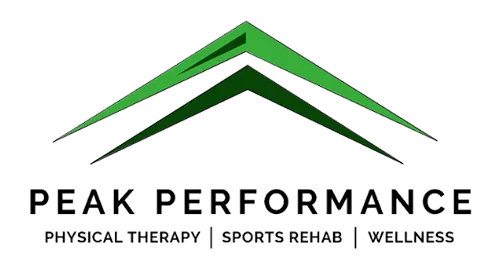Hip Replacement Surgery in Farmington, Ferndale, and Detroit
What is Hip Replacement?
Hip replacement surgery is a medical procedure that helps people with severe hip pain and limited mobility regain their quality of life. During this surgery, a surgeon replaces the damaged or worn-out hip joint with artificial components made of metal, plastic, or ceramic. This new hip joint helps improve mobility, reduce pain, and allow individuals to engage in daily activities comfortably.
Who Might Need Hip Replacement?
Hip replacement surgery is typically considered when:
- Severe Hip Pain: The hip pain is severe, making it difficult to walk, stand, or perform everyday tasks.
- Limited Hip Mobility: The hip joint’s damage affects a person’s ability to move their leg freely and without pain.
- Chronic Hip Conditions: Conditions like osteoarthritis, rheumatoid arthritis, or hip fractures have damaged the hip joint.
How Do You Know If You Need Hip Replacement? in Livonia, Ferndale, and Detroit?
Here are some common signs and symptoms that may indicate the need for hip replacement:
Persistent Hip Pain: Constant and severe hip pain, even at rest, can be a sign.
Limited Range of Motion: Difficulty moving the hip joint, such as bending or rotating the leg.
Stiffness: Feeling that the hip is stiff, making it hard to move.
Instability: A sense of the hip giving way or feeling unstable during activities.
Difficulty Walking: Problems walking due to hip pain or discomfort.
What Causes the Need for Hip Replacement?
Hip replacement is typically needed when the hip joint is damaged due to various factors:
- Osteoarthritis
Osteoarthritis is the most common cause of hip replacement. It occurs when the cartilage that cushions the hip joint wears away over time, leading to pain and stiffness.
- Rheumatoid Arthritis
Rheumatoid arthritis is an autoimmune disease that can damage the hip joint’s lining, causing inflammation and pain.
- Hip Fractures
A severe hip fracture, often due to a fall or accident, can require hip replacement surgery.
- Other Conditions
Other conditions, such as avascular necrosis, can also lead to hip joint damage.
How is Hip Replacement Surgery Done?
- Preparation
Before surgery, your doctor will review your medical history and perform a physical exam. They may also order X-rays or other imaging tests to assess the extent of damage.
- Anesthesia
During the surgery, you’ll receive anesthesia to ensure you don’t feel pain. There are two main types: general anesthesia (puts you to sleep) and regional anesthesia (numbs only the lower body).
- Surgery
The surgeon makes an incision near the hip joint and removes the damaged hip joint components. Artificial components made of metal, plastic, or ceramic are then secured in place. These components recreate the hip joint’s natural shape and function.
- Closing the Incision
After the artificial components are in place, the surgeon closes the incision with stitches or staples.
- Recovery
After surgery, you’ll spend time in the hospital for monitoring and physical therapy. This helps you regain strength and mobility.
What to Expect After Hip Replacement
Recovery after hip replacement surgery takes time and effort. Here’s what you can expect:
Hospital Stay: You may spend a few days in the hospital, followed by outpatient physical therapy.
Physical Therapy: Physical therapists will help you regain strength, flexibility, and mobility.
Medications: Pain medications and antibiotics may be prescribed to manage pain and prevent infection.
Follow-Up Appointments: Regular check-ups with your surgeon will monitor your progress.
Pros and Cons of Hip Replacement
Benefits
Pain Relief: Hip replacement can significantly reduce or eliminate chronic pain.
Improved Mobility: Most people regain the ability to walk, climb stairs, and engage in daily activities.
Better Quality of Life: Hip replacement can improve overall quality of life, allowing for a more active and pain-free lifestyle.
Risks
Infection: Like any surgery, there’s a risk of infection, although it’s relatively low.
Blood Clots: Blood clots can occur, so medications and compression stockings may be used to reduce this risk.
Implant Problems: Artificial hip components can wear out over time, requiring additional surgery.
Looking for Hip Replacement Surgery in Livonia, Ferndale, and Detroit?
In conclusion, hip replacement surgery is a medical procedure that can provide significant relief and improve the quality of life for individuals suffering from severe hip joint damage. While it’s a major surgery, it can help people regain their mobility and independence.
If you or someone you know is considering hip replacement surgery, it’s crucial to consult with a healthcare professional to discuss the risks, benefits, and expected outcomes. Your healthcare team will guide you through the process and help you achieve a successful recovery, ensuring you can enjoy an active and pain-free life once again!


